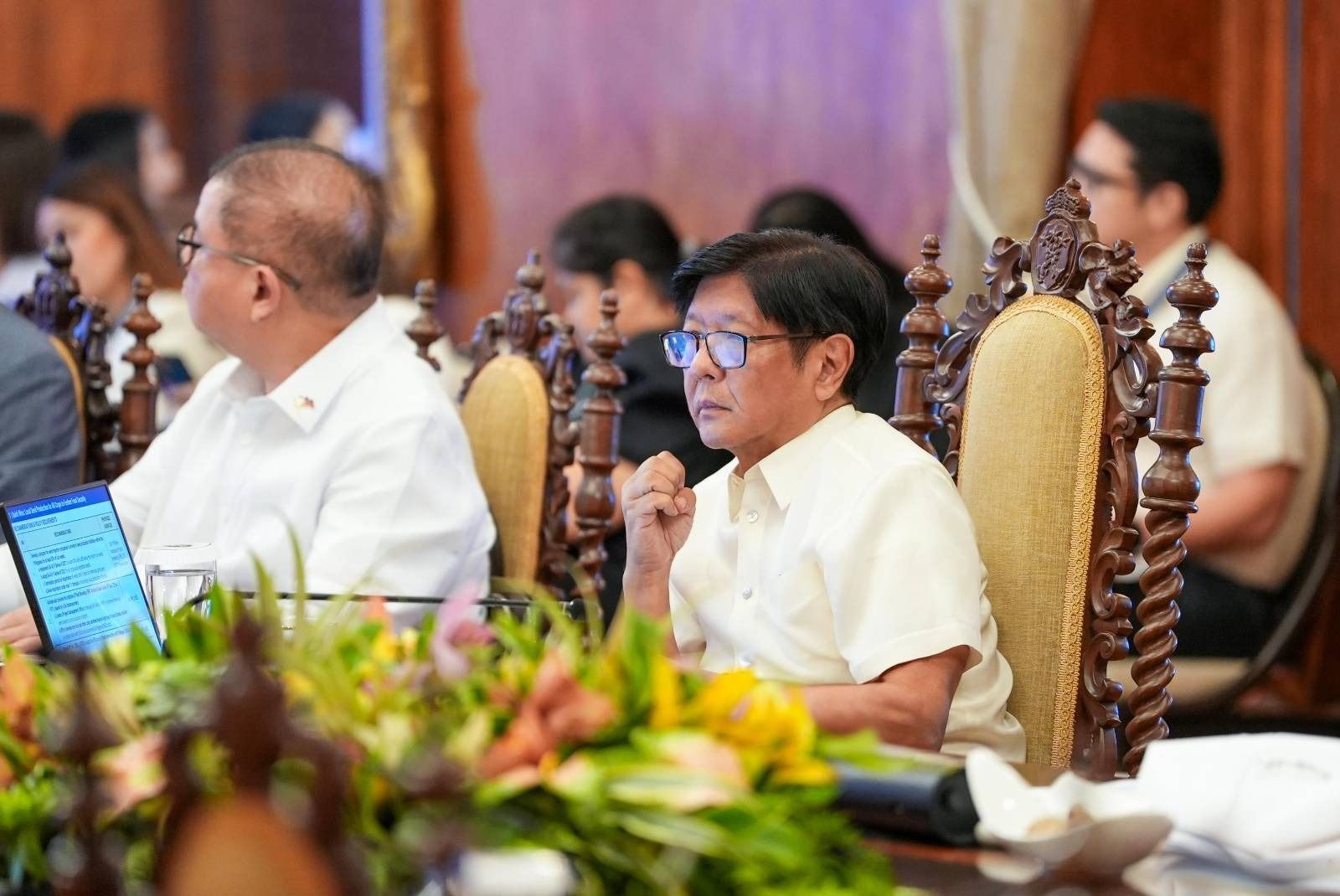PBBM mulls tapping SUCs to boost seed production
At A Glance
- Marcos called on concerned government agencies to seek the help of SUCs in directing students toward seed production, saying that SUCs should focus on research and development instead of growing seeds.
President Marcos is looking into tapping State Universities and Colleges (SUCs) graduates to bolster local production of agricultural seeds, eventually improving agricultural productivity in the country.

Marcos said this during the eighth meeting with the Private Sector Advisory Council (PSAC) – Agriculture Sector in Malacañan on Wednesday, Nov. 20.
In his remarks, the President said that farmers can focus on growing the seedlings with the graduates of agricultural SUCs attending to seed production.
"The farmers can take care of the actual growing of seedlings. These new agronomists, agriculturists, can be [the] ones doing seed production," he said.
Marcos called on concerned government agencies to seek the help of SUCs in directing students toward seed production, saying that SUCs should focus on research and development instead of growing seeds.
"Let’s not lead the growing anymore to the SUCs. They shouldn’t be in crop production. They should be in research and development. I think that’s the way that we can structure it," he added.
President Marcos made the remarks after PSAC member Aileen Uygongco-Ongkauko of the La Filipina Uy Gongco Group presented their recommendation for the government to enhance local seed production across all crops to strengthen the country’s food security.
The Chief Executive said SUCs possess the technical expertise for seed production. He emphasized the need to scale up agricultural schools to transition seed production from the laboratory to commercial levels, ensuring its availability in the market.
"If we help them along, they’ll do it. Kikita pa yung university (The university will earn)," he said, noting that the government can help SUCs through contract farming, assuring a ready market for their produce.
In a speech in Bacolor, Pampanga, on Thursday, Nov. 21, the President said increasing seedling nurseries across the country was among the new strategies the government sees as viable to reduce reliance on importation of agricultural goods to meet local demand.
Pampanga, known as the Culinary Capital of the Philippines, would benefit from the initiative, according to President Marcos.
“Sigurado ako na sa ganitong paraan ay makakatulong ito sa ilang pangunahing industriya ninyo rito sa Pampanga, kagaya ng pagsasaka, specialty food, at ang food processing (I am confident that this will help Pampanga's primary industries such as agriculture, specialty food, and food processing),” he said.
Commission on Higher Education (CHED) Chairperson Prospero de Vera said approximately 70 SUCs offer agriculture programs. Of the figure, 15 have facilities for coconut production, while others have unused lands that can be repurposed for seedling production through agreements with the Department of Agriculture (DA).
"They have existing facilities already and many of them have unused lots. Meaning, they’re not using it which can be the one to [be] used for seedlings," he said.
"The only thing we need is a usufruct agreement between DA and the SUC for the use of the land for 25 years or enter into an agreement with private companies to do it," he added.
In her presentation, Uygongco-Ongkauko highlighted the government’s success in increasing the use of hybrid seeds in rice production. The hybrid rice hectarage in the Philippines grew significantly from 17 percent to 32 percent, aligning with efforts to achieve higher yields.
"In a way, we can see that the government is successful in the push towards higher yield. But on the other side, all of it is imported, the rice seeds," she said.
In response, President Marcos stressed the importance of studying a timeline for reducing reliance on imported hybrid seeds, making local seed production through SUCs more viable.